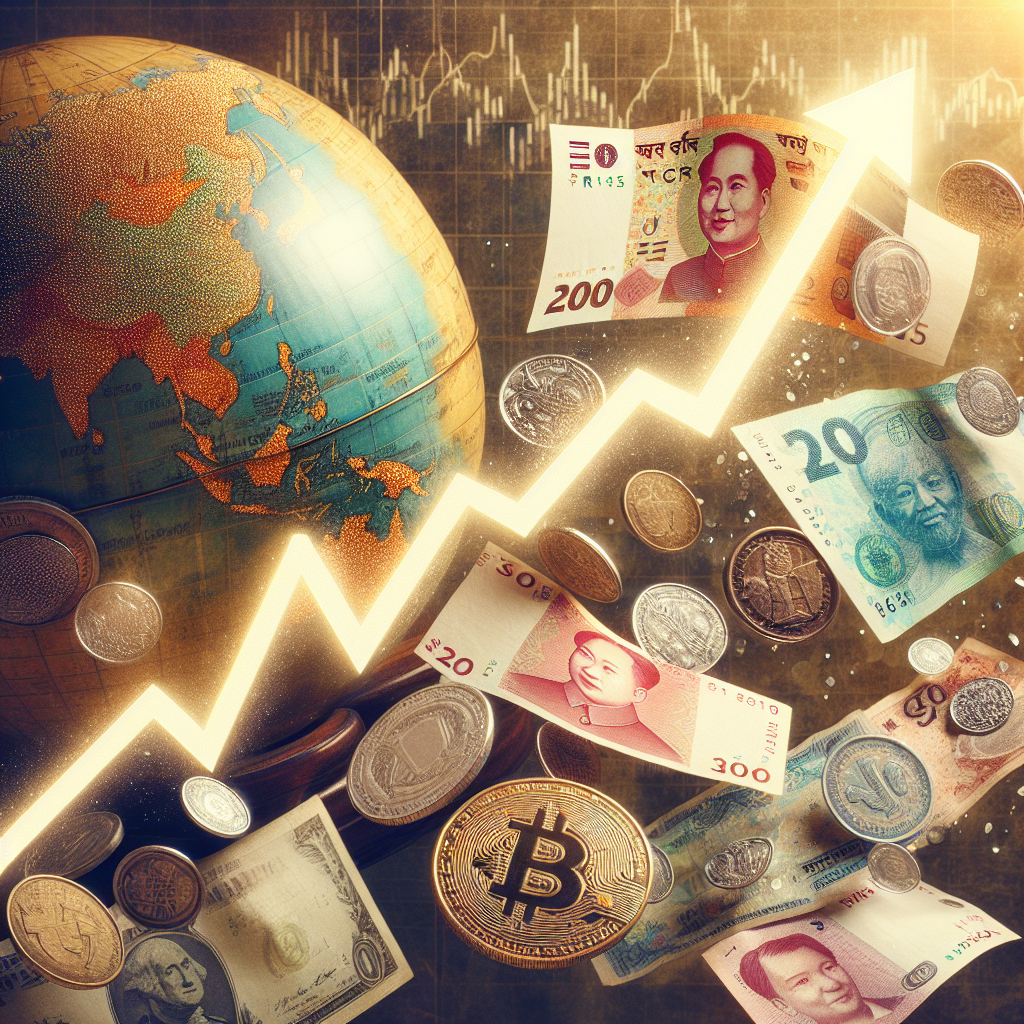Emerging Markets Rally Amidst Global Uncertainties
Emerging market currencies strengthened against the dollar following a stalled dollar rally. Key Asian markets surged, supported by regional data. However, geopolitical developments and U.S. policy shifts sparked caution. Investors await U.S. inflation data for insight into potential Federal Reserve actions. In local political landscapes, Namibia votes and El Salvador sees credit upgrades.

In a notable turn of events, most emerging market currencies appreciated against the dollar as the rally of the greenback hit a pause. This development follows the implementation of a ceasefire between Israel and Hezbollah, leading to increased gains for Israel and Lebanon's hard-currency bonds.
Lebanon's sovereign debt, especially the 2031 maturity, saw upward movement, with prices last noted at 9.3 cents on the dollar, according to Tradeweb data. Meanwhile, Israel's shekel remained strong at 3.64 per dollar, alongside a rise in its international bonds. The 2120 maturity marked a significant leap, closing at 72.9 cents, which is a more than eight-week high.
Across the globe, emerging markets face uncertainties due to policy changes in the U.S. and unpredictable growth in China, as per JPMorgan's annual outlook. The firm anticipates notable outflows from emerging market bond funds, while markets eye U.S. inflation readings to anticipate Federal Reserve rate decisions. Separate developments include Namibia's elections and El Salvador's credit rating upgrade by Moody's.
(With inputs from agencies.)
ALSO READ
Mexico Considers Retaliatory Tariffs in Response to U.S. Trade Measures
Tariffs and Trends: Challenges Loom Over Luxury Market's Future
U.S. Retail Sales Rise in October, Fuel Debate Over Federal Reserve's Rate Decision
Federal Reserve's Caution Amid Trump's Policy Uncertainty
Britain's Inflation Challenge: Tariffs, Spending, and Economic Uncertainty










